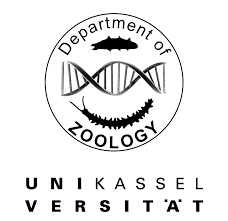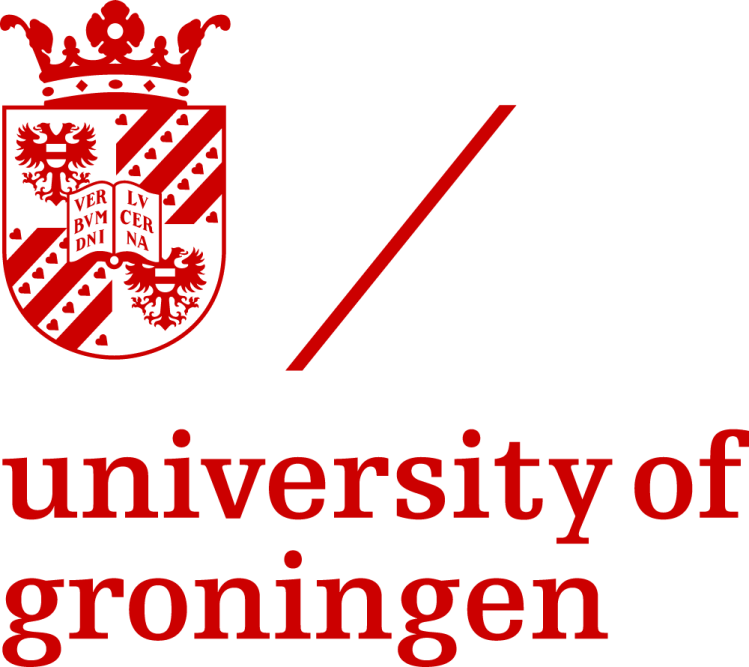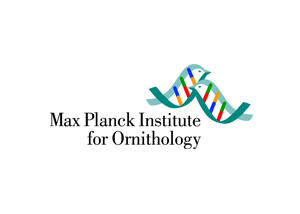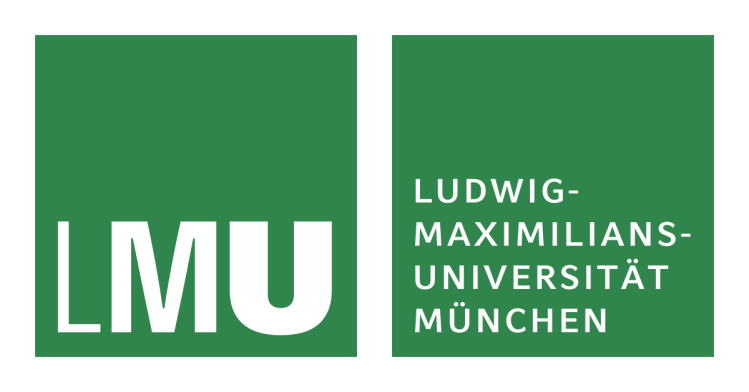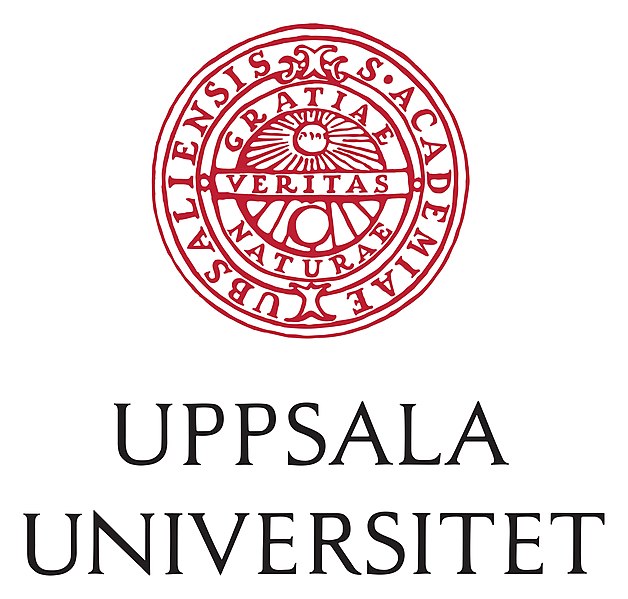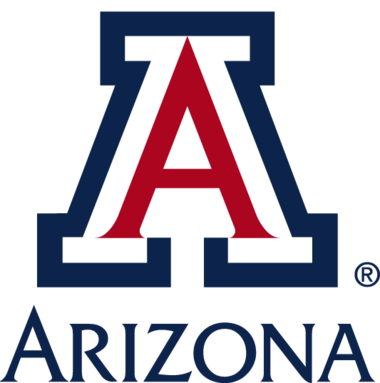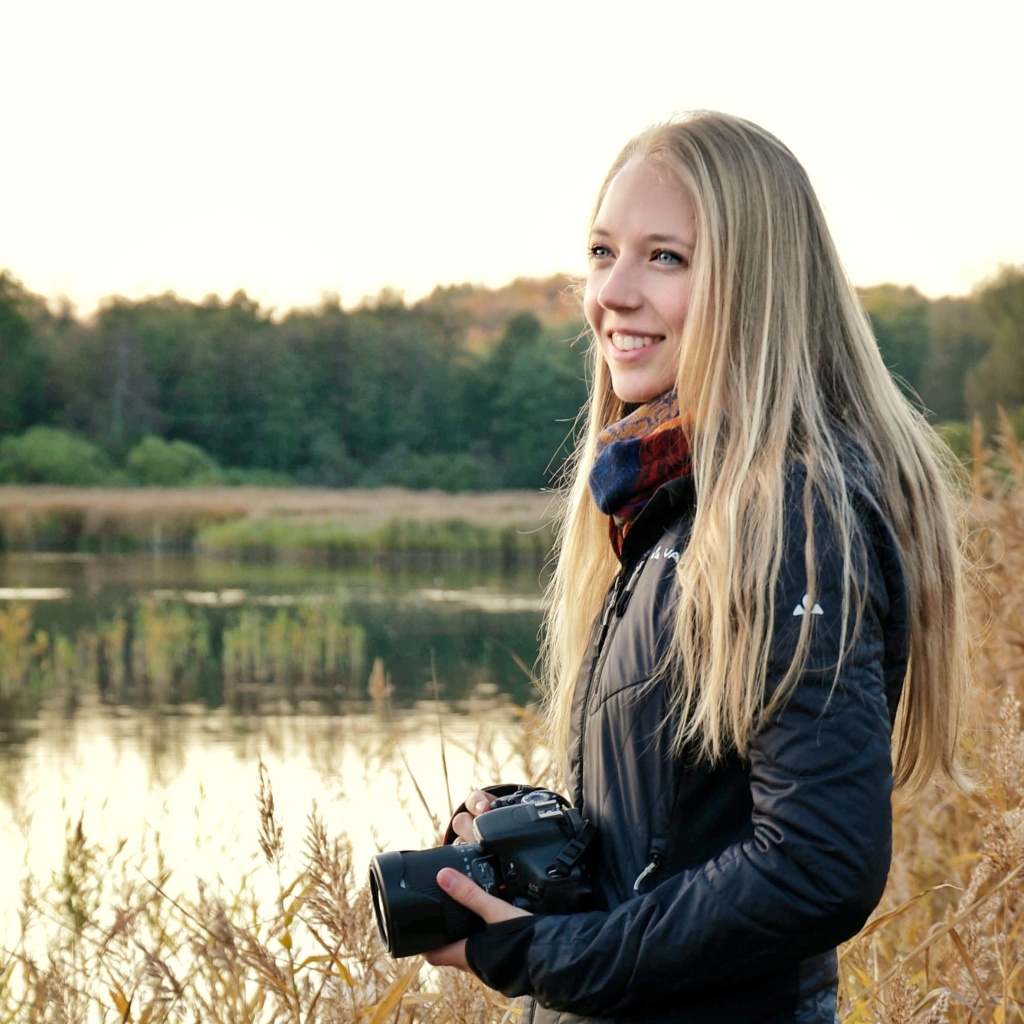
You might call me an adventurer, explorer, biologist, zoologist, ecologist… I can identify myself with many activities rather than with nationality, address and ID. I don’t want to provide my professional CV here – instead, I want to tell you how my passion for biology developed.
Chapter 1 – before university
My fascination for biology started very early when I was observing insects, frogs and lizards in the garden, drawing animal identification cards, and experimented with a light microscope. Later on, I found my passion for nature photography and image editing, as well as digital illustrations. My early childhood career aspiration never changed. In high-school, biology was my chosen and favourite core subject. Right after the final exams, it was not even a question that I wanted to study biology, as first-generation student – but first, I followed my explorer mind. Combined with my desire to get to know different fields of biology and some hands-on experience, I stuffed one year full of exciting projects and work around the globe.
- Volcanoes & horses – farm work in Iceland
- Tubes & centrifuges – Medical diagnostic lab in Germany
- Diving down – Marine conservation in Koh Tao
- Flying high – Bird conservation in Fehmarn
These projects allowed me to learn many different things; from training wild Icelandic horses, to blood sample preparation, over to scuba diving, monitoring coral reefs and, back on land, banding gulls and teaching people about birds and conservation, as only a few examples.
Chapter 2 – bachelor studies
Equipped with all these new memories and experiences I started my biology studies at the University of Göttingen, Germany. In the second semester, I had an inspiring lecture of animal systematics and realized my fascination for obscure, understudied niche organisms. The moment we were shown a video of a tiny velvet worm shooting its unique slime at prey, I thought I would love to work at least once with these striking animals. Astoundingly, it happened that one of the very rare laboratories worldwide focusing on velvet worm research (Onychophora, Panarthropoda) was just a 2-hours drive away. So, I ended up at the Department of Zoology at the University Kassel describing a new onychophoran species as my bachelor thesis, an opportunity I am deeply grateful for.
Chapter 3 – study abroad
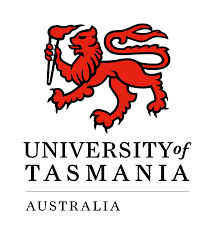
Fortunately, I received a scholarship (“Studienstiftung des deutschen Volkes”) covering both my bachelor and master studies, which allowed me to spend my last bachelor semester abroad, for which again (besides Iceland, Koh Tao & Fehmarn) I chose an isolated, small island: Tasmania. I decided for the University of Tasmania to deepen my ecology knowledge, and additionally, to get familiar with ecosystems and fauna very different to Europe. Endless white sand beaches, coastal areas, directly adjoining wet and dry eucalyptus forests, temperate rainforest, transitioning into a wild, rough mountain landscape – Tasmania is an island of contrasts, consisting of more than 50% nature reserves, with which it taught me many things about island biogeography, speciation and adaptation. In total, I have spent more than a month with hiking in Tasmania’s wilderness, called the tent my home and the Green Rosellas (Platycercus caledonicus) my travel buddies.
Chapter 4 – master studies
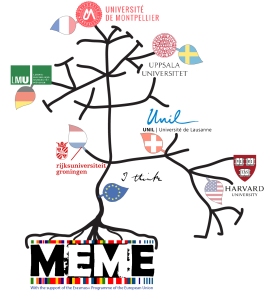
All these previous experiences formed my decision for a specialization in biology: EVOLUTION. It fascinated me on each of my adventures, in the northern or in the southern hemisphere, in cities or in wild nature, high up in the air or deep down in the ocean – every organism is just so strikingly well adapted to its environment. I want to acquire a deeper understanding of this phenomenon and its underlying processes; why, when and how do animals adapt. I believe that such knowledge of nature is especially necessary in times of the current change in our ecosystems due to climate change, land use change and other anthropogenic influences. Therefore, I am interested in how organisms can deal with changing environments and I hope that in gaining this understanding I can contribute to the protection of the world’s biodiversity now and in future.
To pursue this goal, I applied and luckily got accepted into a very unique masters program: MEME – Erasmus Mundus Master of Evolution, which allows you to study evolution in all its diverse facets by individually combining theoretical courses and research projects at six different universities in six different countries. My MEME journey:
- University of Groningen, Netherlands
- Max Planck Institute for Ornithology, Germany
- Ludwig Maximilian University of Munich, Germany
- Uppsala University, Sweden
- The University of Arizona, USA
Chapter 5 – PhD

After studying and working in many different fields, applying a broad range of methods and focusing on a variety of organisms, a personal preference formed naturally: still triggered by the major question of how organisms respond to climate change, I realized I am particularly interested in their thermal limits, something I worked on during my first master’s thesis. Due to these species-specific thermal tolerances, many populations show shifts of their ranges as response to our rapidly changing climate – the topic of my second master’s thesis. Also, I really enjoy fieldwork – the more hiking, scrambling, and adventure necessary to get data, the better! With a lot of luck (here I talk more about the application process) I got in contact with Dr. Marcell Peters from the University of Würzburg, Germany, who had the perfect dream PhD project for me: what are the patterns and drivers of insect diversity along climatic gradients? To contribute to this question I study the diversity of dung insects, and perform thermal performance experiments of all major insect orders along a forested gradient from 250-3700 m elevation in the Peruvian Andes (ANDIV). This big project combines a lot of different techniques and aims at large-scale questions triggering naturalists since many decades. I am very grateful for this fantastic opportunity and excited for the first results!
My hobbies and adventures in pictures:
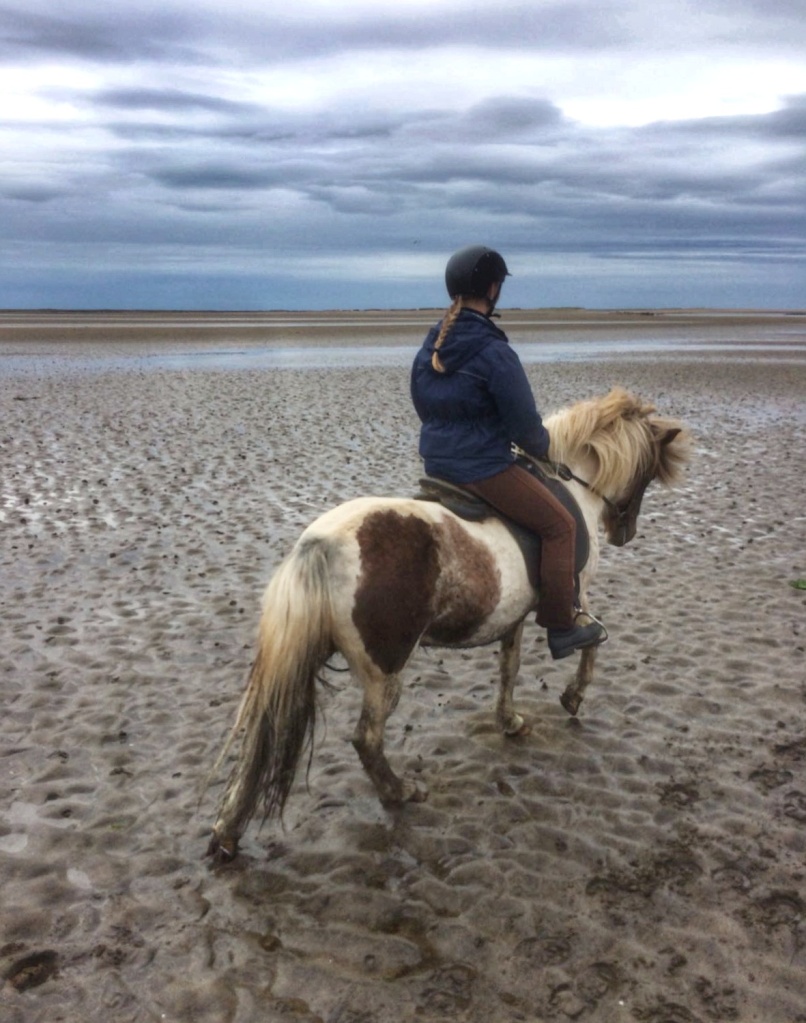
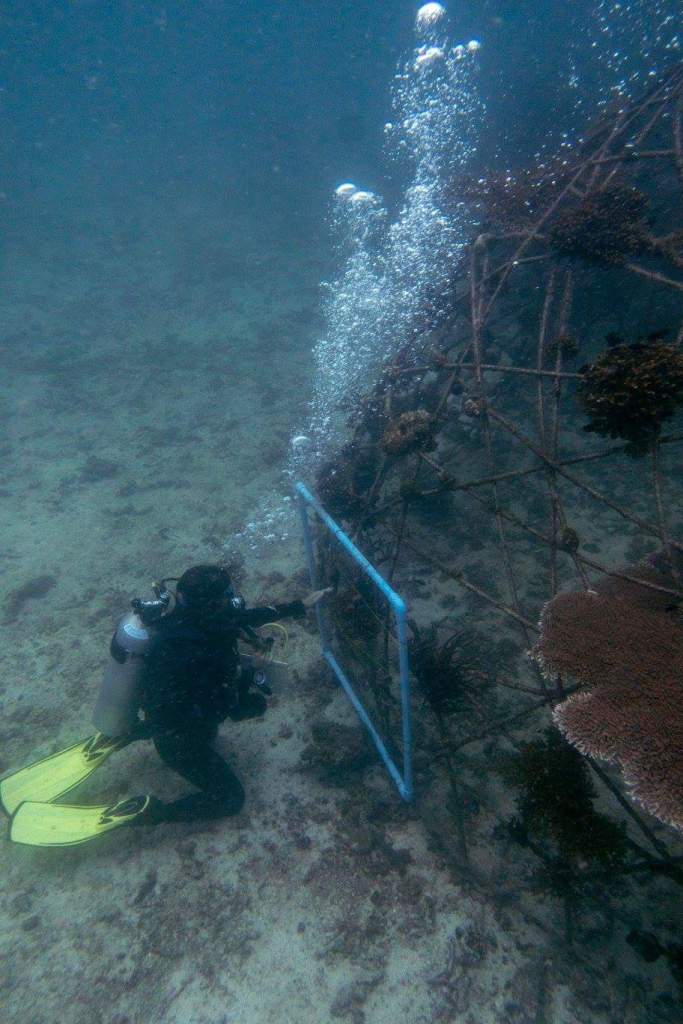
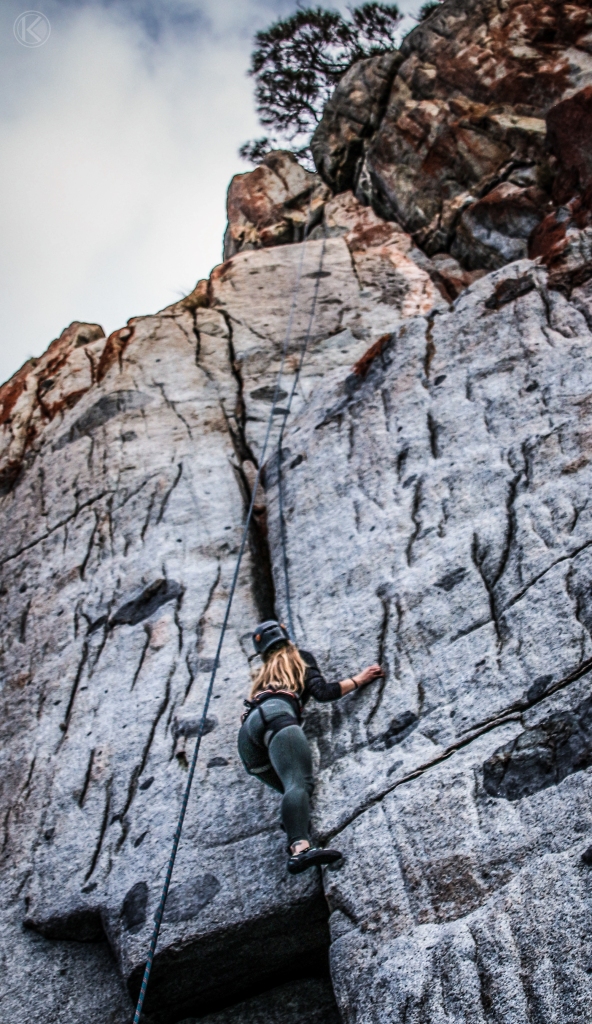
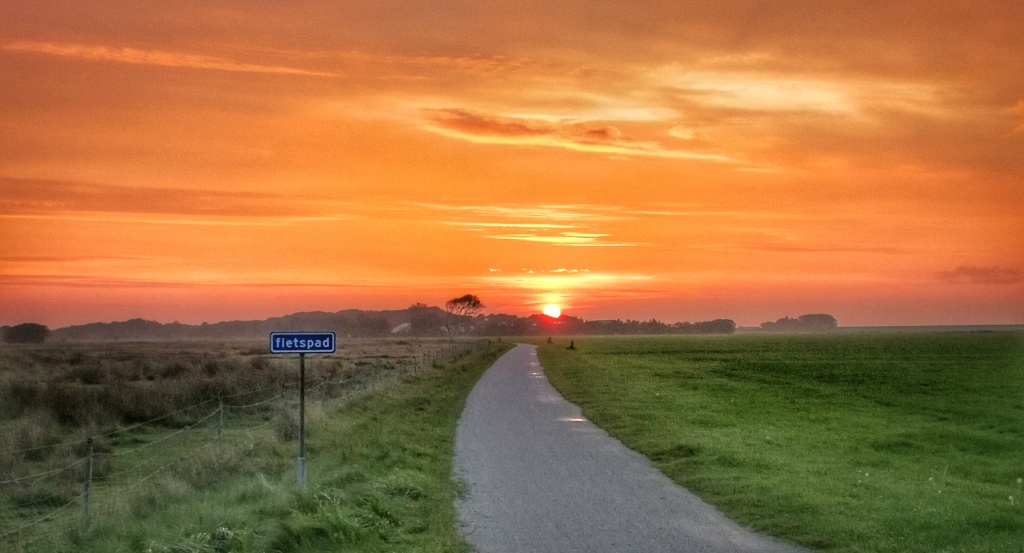
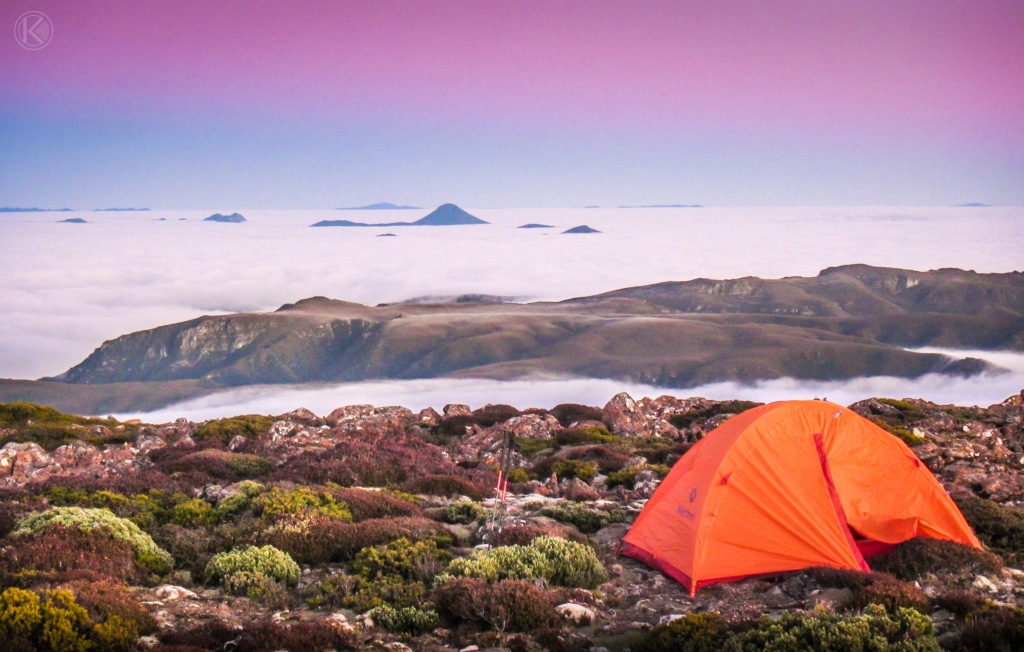
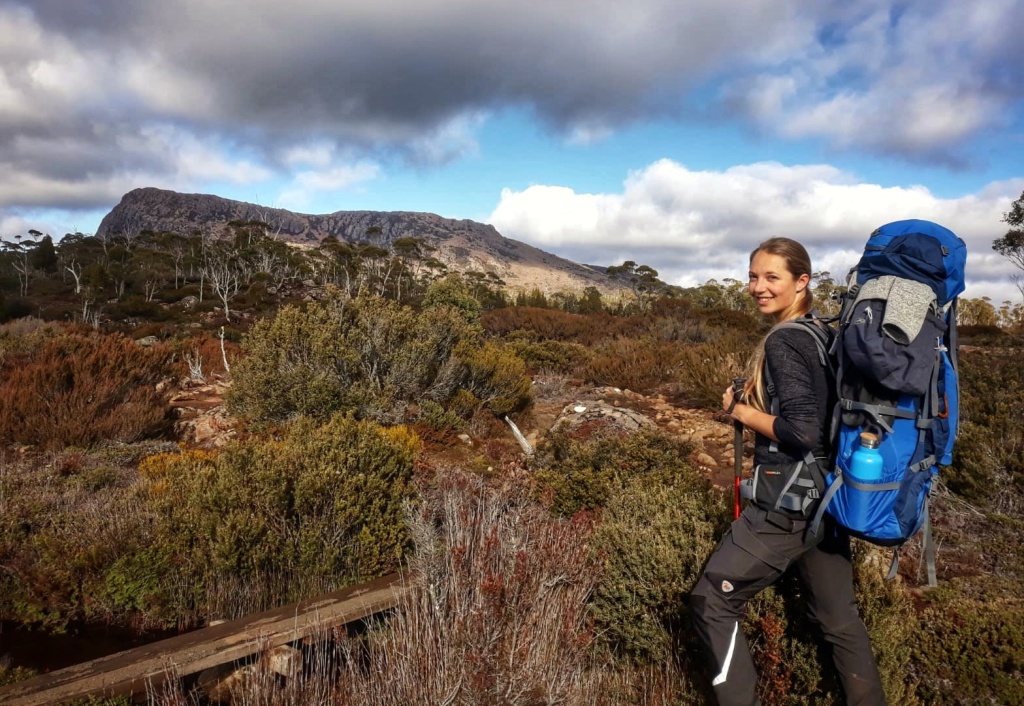
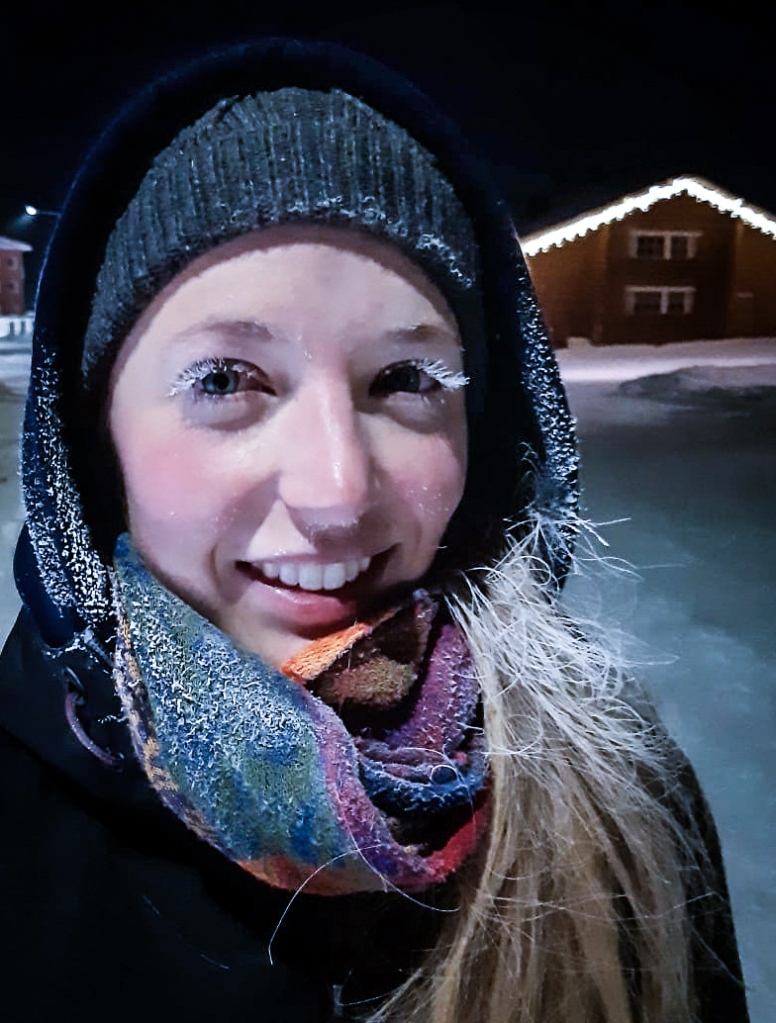
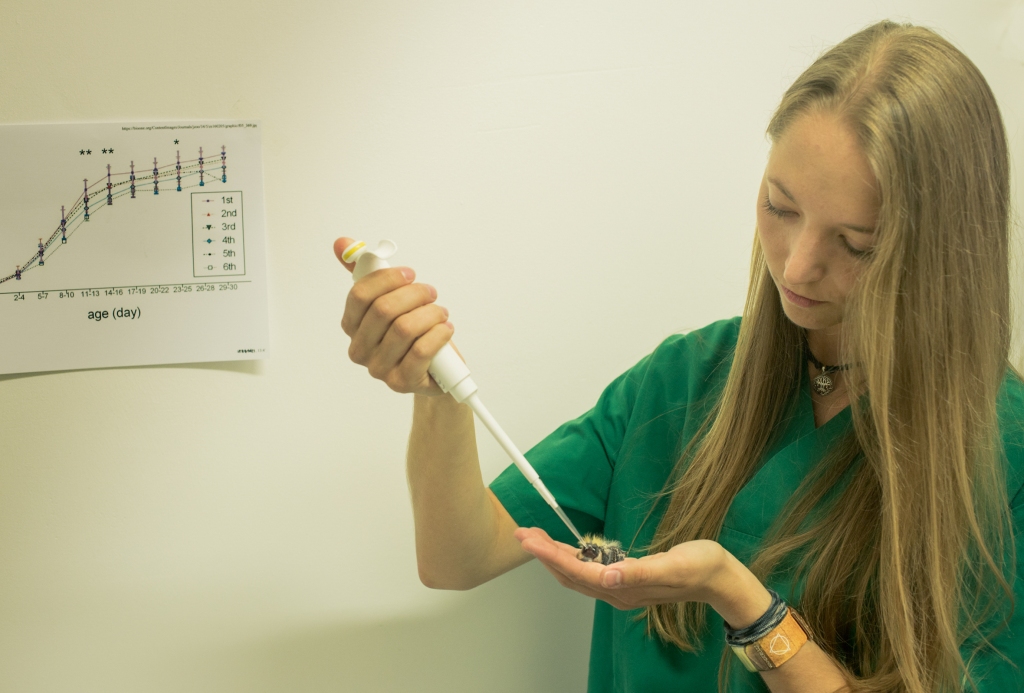
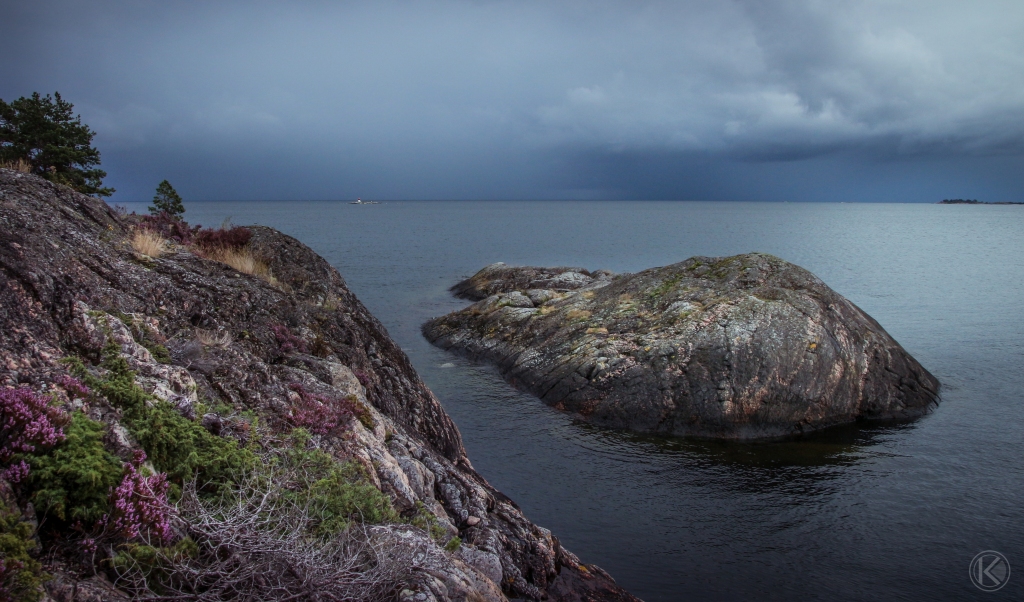
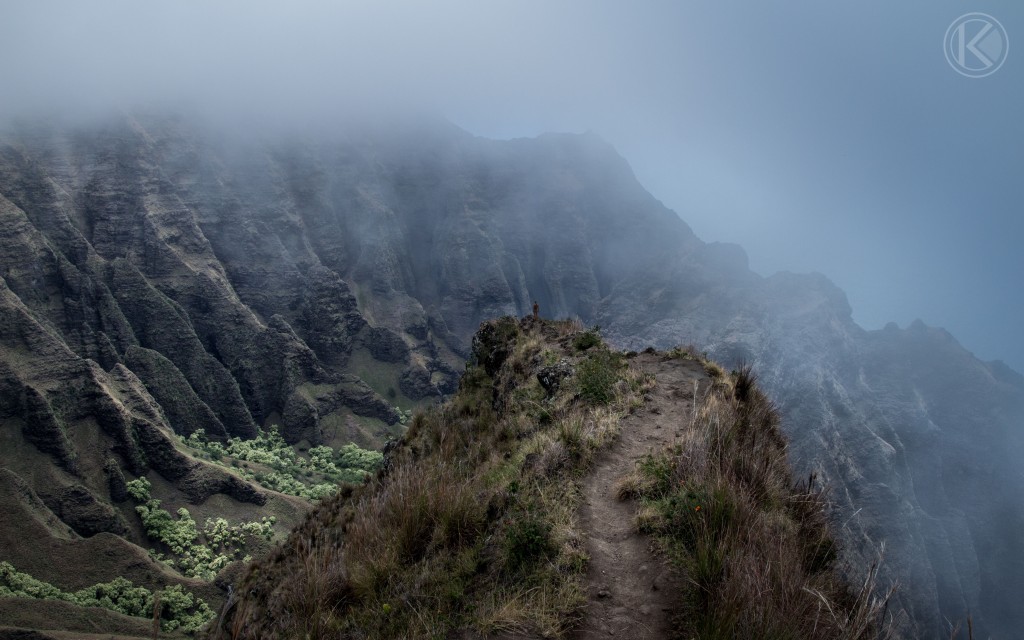
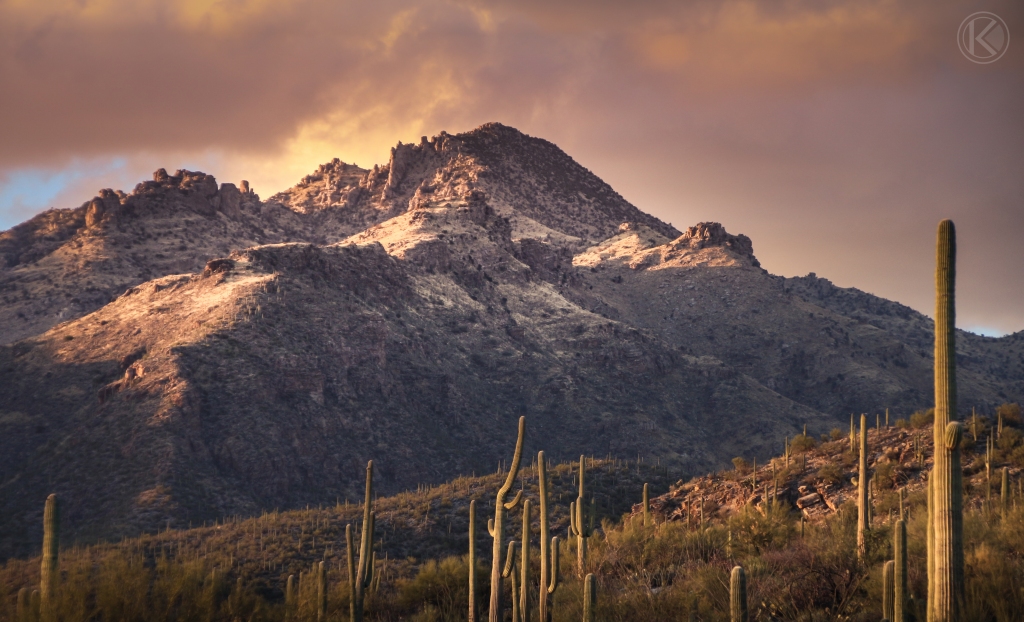
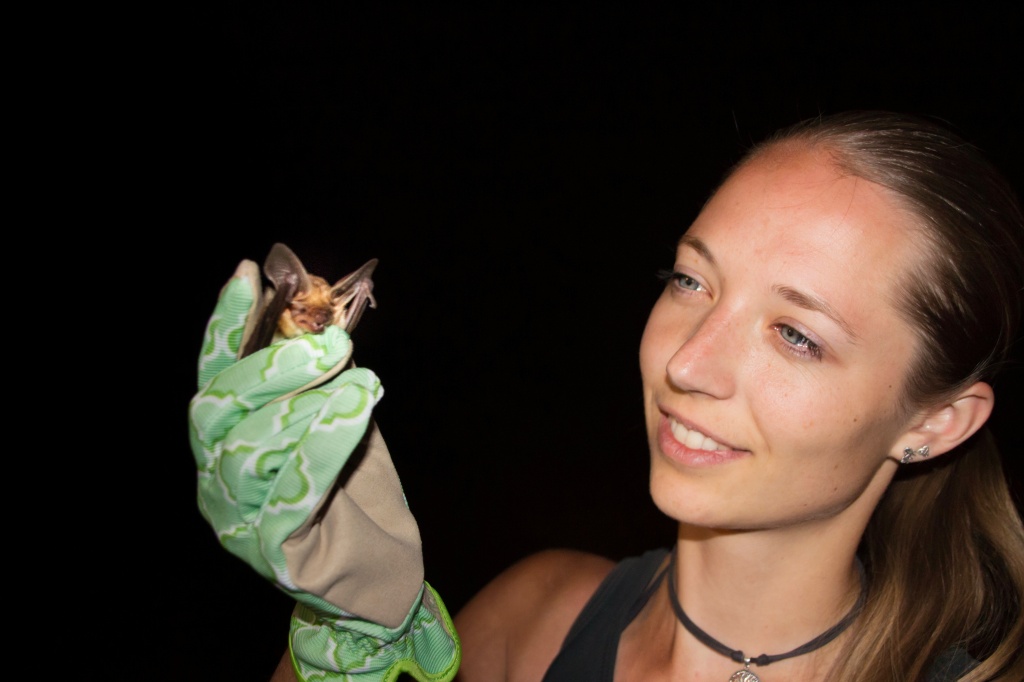
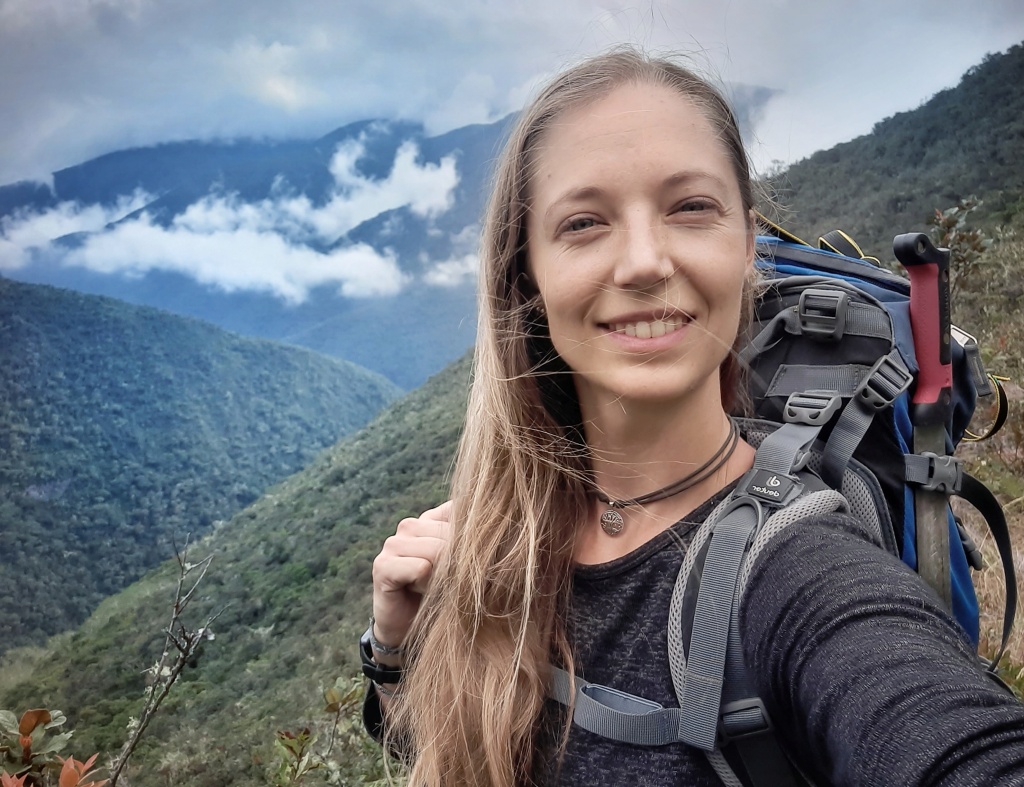
And Right Now?
I keep running… to not only stay in the same place, but to go further. Currently, I am working on my PhD project at the University of Würzburg in Germany. Or to be more precise, more likely I am somewhere lost in the rainforest or the high Peruvian Andes, collecting insects, climate data and performing thermal limit experiments to improve our understanding of the response of insects to climate change. With every day working in science, I learn more, but also more questions and ideas arise. Biology is like a vortex to me – once I scrape the surface, it swallows me inevitably. For me, it is and should be a curiosity- and passion-driven field!

